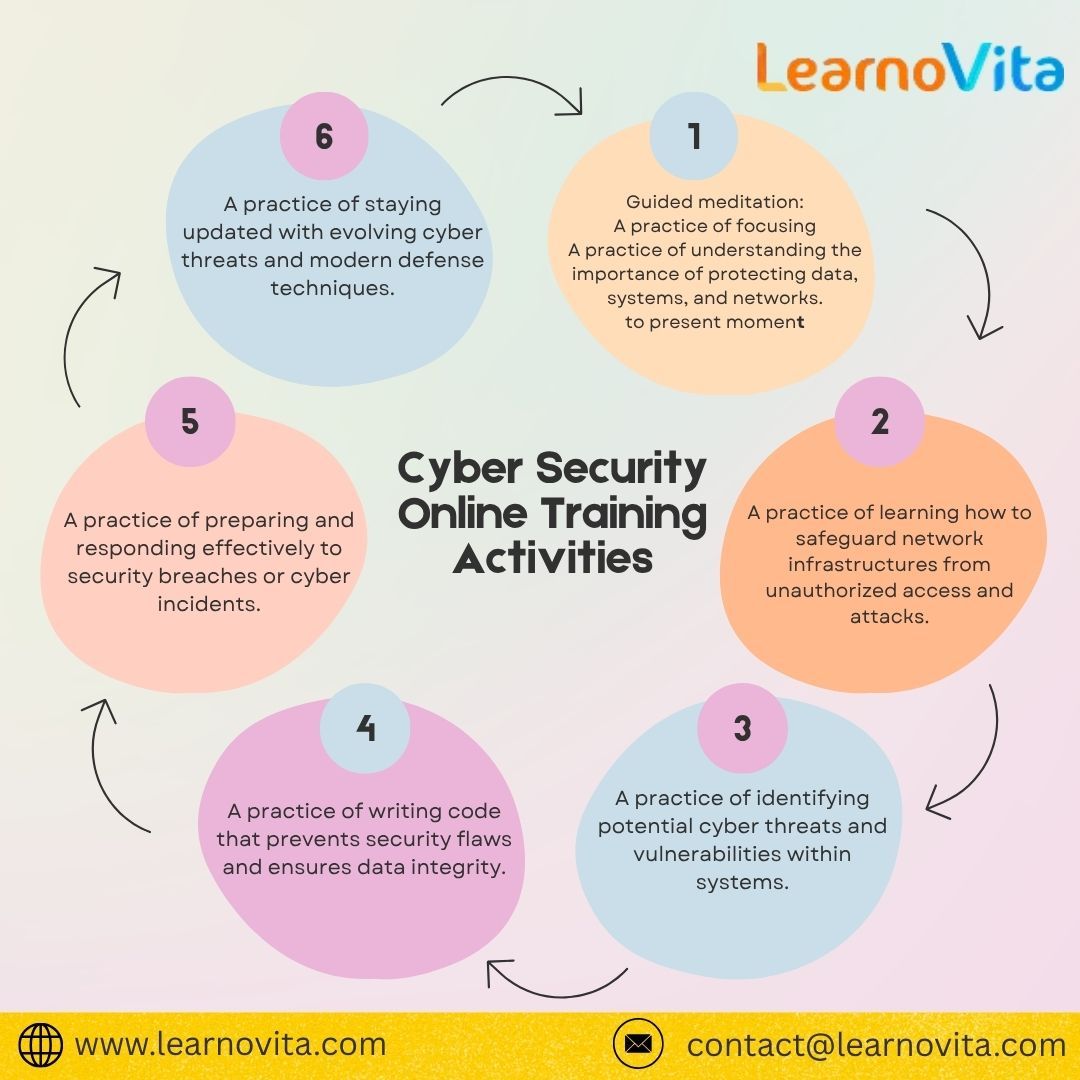Cyber Security Online Training: Safeguarding Government Systems and Data
Cyber Security Online Training: Safeguarding Government Systems and Data
Blog Article
The Importance of Cyber Security in Government
Government institutions are the backbone of a country’s administration, handling sensitive data such as citizen records, national security information, and confidential policy documents. With the increasing digitization of public services, government agencies have become top targets for cyber criminals. Therefore, Cyber Security Online Training for government employees is not just important—it is critical for the safety and functionality of public systems.
Hackers often target government portals to steal personal data, disrupt essential services, or launch attacks for political or financial gain. A single breach can lead to compromised national security, public distrust, and enormous financial losses.

Threats Facing Government Agencies
Cyber Security Online Training equips government personnel to handle the unique challenges they face, such as:
Nation-State Attacks: Cyber attacks sponsored by foreign governments aimed at espionage or sabotage.
Ransomware: Malicious software that locks government systems or files until a ransom is paid.
Data Breaches: Unauthorized access to personal, military, or financial records held by government bodies.
Phishing Scams: Fraudulent emails targeting government employees to gain system access.
Without proper training, even a minor human error—such as clicking a phishing link—can result in devastating consequences.
What Government Employees Learn Through Cyber Security Online Training
Recognizing Social Engineering Tactics: Identifying attempts by attackers to manipulate or deceive employees into disclosing confidential information.
Securing Official Devices: Learning to protect laptops, desktops, and mobile devices used for official work, both in-office and during remote operations.
Network Protection: Understanding firewalls, intrusion detection systems (IDS), and secure VPN usage to ensure safe connections to government networks.
Incident Response: Knowing how to react quickly and effectively when a potential cyber incident occurs to minimize damage.
Data Classification and Handling: Learning the correct procedures for storing, sharing, and disposing of sensitive government data.
These lessons help prevent vulnerabilities and create a proactive security culture within public agencies.

Cost-Effective and Scalable Training Solutions
Training thousands of government employees across departments is a massive task. Fortunately, Cyber Security Online Training offers a scalable solution that allows staff to complete courses regardless of location. Online modules can be customized to suit various roles—from clerical staff to senior officers—ensuring that everyone receives relevant instruction.
Many platforms offer government-specific training, aligned with regulatory requirements such as NIST (National Institute of Standards and Technology) or ISO 27001 standards.
Protecting National Interests and Public Trust
Cyber attacks on government institutions not only compromise data but also erode public trust in the system. Citizens expect their information to remain confidential and their services to function without disruption. A well-trained government workforce reduces the risk of breaches and enhances national security.
By promoting Cyber Security Online Training, agencies demonstrate their commitment to protecting citizens, infrastructure, and sensitive operations.
Conclusion
For government organizations, cyber security is a matter of national interest. Cyber Security Online Training ensures that employees at all levels are aware of potential threats and capable of taking proactive measures. This reduces the risk of costly attacks, protects sensitive data, and maintains public confidence.
A secure government starts with informed and vigilant employees—making cyber security training an essential part of every public institution’s strategy.
Report this page